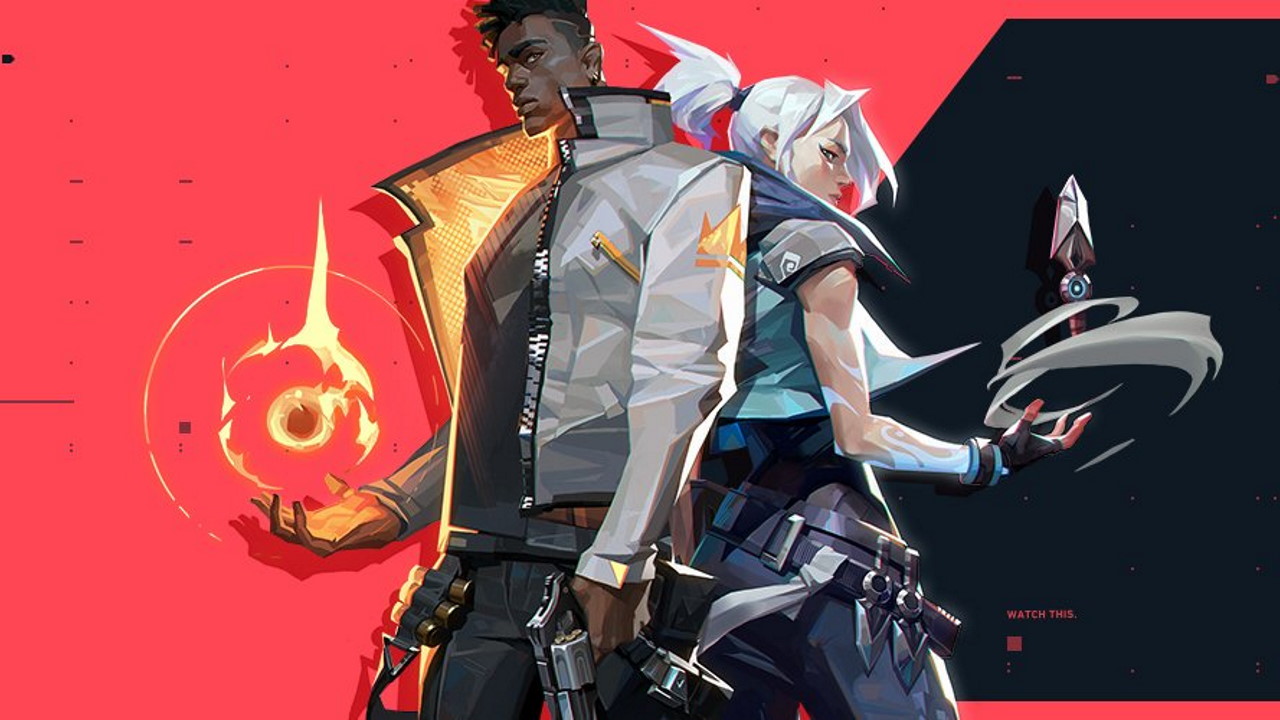Valorant executive producer won't solo queue because of the harassment women face
Anna Donlon said Riot is looking into long-term solutions to make Valorant safe for everyone.

Earlier this year, a community survey of nearly 3,800 League of Legends players found that 79 percent of them had been harassed after a match, in manners ranging from outbursts of obscenities and repeated friend requests to, almost exclusively for players who identify as women, sexual harassment. Unsurprisingly, while slightly more men than women reported being the target of "general abuse"—flaming, racist slurs, or friend invite spam—women were far more likely to be the target of sexual harassment: 32 percent reported receiving "sexual remarks or propositions" after a game, compared to just three percent of male players.
Also unsurprisingly, it appears that those bad habits are carrying over into Riot's new game, competitive shooter Valorant. Last week, League of Legends and Teamfight Tactics UX designer Riot Greenily shared a clip of Valorant gameplay in which she was repeatedly propositioned by a male player, saying that "it's like this most of the time on solo queue voice comms regardless of the game I'm playing."
Today's🍵: It's like this MOST of the time on solo queue voice comms REGARDLESS of the game I'm playing. I usually don't give in to this like in the video; I'm silent in an attempt to not incite more. Inevitably you get to a point where you have to mute them. More perspective: pic.twitter.com/7ruWcI78tLApril 24, 2020
"I want to live in a world where this guy doesn't go and ruin other peoples' games. Where people feel safe to speak up. But reality is that in general voice comms land, for a ton of females, their safety mechanism is identifying ppl like this early and remaining silent or muting," she tweeted.
"I also just wanna say someone ALREADY was like "I've seen WAY worse" (read: "stop whining there's worse.") 1. My dealings are not just constrained to this SINGLE CLIP. This is since I've ever played online games. 2. It's NOT a harassment olympics. Stop ANY harassment, PERIOD."
The tweets prompted Valorant executive producer Anna Donlon to say in response that due to her own experiences with online toxicity she doesn't play solo at all—quite a statement from someone who, prior to her five years at Riot, spent a decade at Treyarch as a producer on the Call of Duty series.
Gross, this is creepy as hell. This is why I can't solo. I'm so sorry. We're absolutely looking into long-term solutions for making it safe to play VALORANT - even solo queue!April 24, 2020
Riot has been battling this problem in League of Legends for a decade—the Honor System, intended to promote positive behavior, was announced way back in 2012, although it obviously hasn't eradicated bad behavior. And as Riot Greenily said, it's not just League or Riot that's the problem: Electronic Arts, Activision, Ubisoft, Valve, and numerous smaller developers and publishers have all struggled to bring harassment in their games under control.
Right now, Valorant has a built-in reporting tool, which is of course standard in online games today, as well as a stated policy of issuing bans for bad behavior.
The biggest gaming news, reviews and hardware deals
Keep up to date with the most important stories and the best deals, as picked by the PC Gamer team.
"We expect our Agents to conduct themselves with decorum. Competition is only fun when it’s healthy, and we will have systems in place to flag players who chose to ignore protocol," the Valorant support site says. "The following includes, but is not limited to, some of the behaviors that can see you banned from Valorant:"
- Insulting, harassing, or offensive language directed at other players.
- Any kind of hate speech such as homophobia, sexism, racism, and ableism.
- Intentionally ruining the game for other players with in-game actions.
- Unnecessarily disruptive language or behavior that derails the match for other players.
- Inappropriate in-game names.
"With any competitive game, we expect spirits to get high and things to get tense—we're not going to ban someone just because they got passionate about winning or losing. But I also know that some experiences can go beyond enthusiasm; sometimes they extend into harassment. That’s what I’m not okay with. The reality is that, for the harassed, it can be challenging to play a game competitively because you need to first protect yourself from 'inviting' harassment, and so you mute someone because they're screaming slurs into the mic, or you mute yourself because that seems to keep the peace," Donlon said in a statement.
"We know this is a hard problem to tackle, and will take time, but I’d feel irresponsible accepting this as the status quo. It’s why we prioritized developing non-voice communications, like character voice callouts for game events (like seeing the enemy with the spike) and the in-game ping system. But that's just the start, we will continue to prioritize and invest resources into this space. I hold myself accountable to leading a game where anyone can safely compete to their full potential without fear of being bullied out or yelled down. It's a very aspirational goal, but please check back in with us down the road and we'll keep the conversation going."

Andy has been gaming on PCs from the very beginning, starting as a youngster with text adventures and primitive action games on a cassette-based TRS80. From there he graduated to the glory days of Sierra Online adventures and Microprose sims, ran a local BBS, learned how to build PCs, and developed a longstanding love of RPGs, immersive sims, and shooters. He began writing videogame news in 2007 for The Escapist and somehow managed to avoid getting fired until 2014, when he joined the storied ranks of PC Gamer. He covers all aspects of the industry, from new game announcements and patch notes to legal disputes, Twitch beefs, esports, and Henry Cavill. Lots of Henry Cavill.

